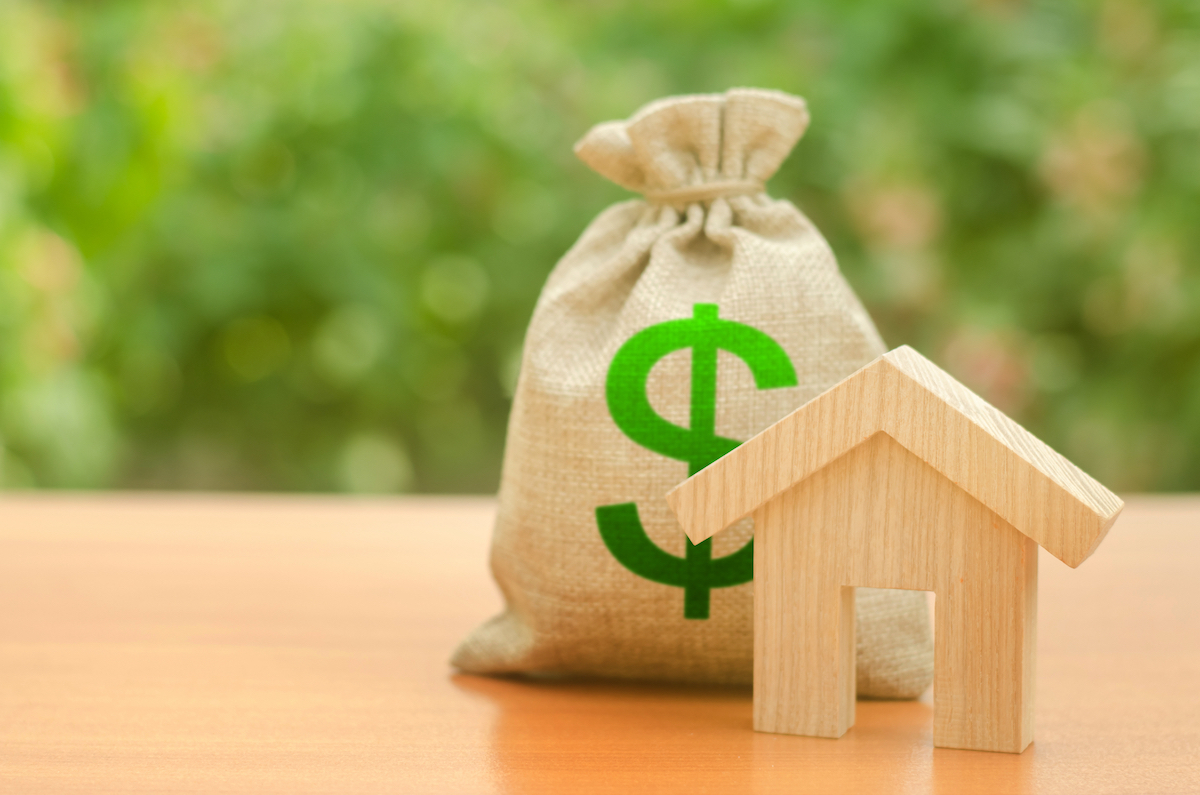The Urban Development Institute of Australia (UDIA) unequivocally supports the creation of homes which meet needs across the housing spectrum and welcomes genuine government initiatives that increase investment into new social housing. But funding new social housing by increasing taxes on new market dwellings only exacerbates the very issue it seeks to address.
The provision of social housing is community-wide issue that deserves a broad funding base. It is an inexplicable position that it should be solely new home buyers that shoulder the financial burden of housing vulnerable Australians.
Every impost on new housing makes delivering a home more expensive – whether time or money. That either means new dwellings cost more, or, if the market can’t bear the necessary price level, fewer houses are built.
Australia is already undersupplying housing across the country, and NHFIC’s recent “State of the Nation’s Housing” report projects an undersupply of some 163,000 homes by the end of 2032, which will only put further pressure on prices. This does not consider the localised issues faced in many regional areas.
The result is greater financial pressure on homebuyers, increased rents for everyone and additional pressure on social services all the way through to social housing. It pushes Australians further to the edge at a time when Governments should be focusing on economic recovery and giving financial certainty back to Australians.
Even during the height of COVID, with international borders closed, the easing of pressure on demand for new homes did not solve the issue. Declining demand for housing (new and existing) still outstripped the available supply capacity and housing prices grew unchecked.
The best thing we can do as a nation is help more people afford to buy a new home, not add new development taxes to fund social housing. We need to keep living costs manageable by not removing council rates payments for social housing. Exacerbating cost of living issues simply guarantees more people will end up needing government assistance.
Governments can bolster supply through streamlining planning and approvals, releasing more development ready land, ensuring vital infrastructure is in place and introducing measures to help Australians enter the market, like deposit guarantees and shared equity schemes. These will pay much greater economic dividends, improving government revenue through growth and efficiency.
With some 40% of the cost of a new dwelling comprising government taxes, charges and levies, it is obvious that more charges – in this particular case, adding some $17,000 to the cost of an average metropolitan Melbourne house – just makes things worse.
Victorians did not need another housing tax, particularly after the major financial hit experienced by the state during the pandemic. Significant land and building price increases, the recent introduction of the Windfall Gains Tax and various other government interventions have already made new housing substantially more costly to deliver in Victoria, pushing the dream of buying a new home further away for many.
Social housing is key community infrastructure, and the existing taxation pool is more than adequate to provide for social housing investment, particularly when so much of State taxation revenue already comes from property related taxes. And this is before the future savings in mental and physical health costs and the economic and social benefits from greater housing security are considered.
It is also time for the misguided political attacks on the development industry to cease. It is our industry, not government, that delivers the vast majority of affordable new dwellings – whether in greenfields, suburban townhouses or apartments across our cities and towns.
For many years, through our submissions and working groups, we have made recommendations to governments on what it will take to move the dial to ease affordability, build the economy, ensure home ownership is realised for Australians, and ease pressure on an overburdened social housing sector – we hope they will now listen.
UDIA National urges governments across Australia to reject loading yet more costs on an already overburdened industry which would effectively remove the opportunity to access market housing for vulnerable Australians, push up house prices for those who can afford to buy, and compound the very problem they are trying to solve.
We look forward to working closely with governments to help them adopt meaningful solutions to improving access to housing across the spectrum.

Maxwell Shifman
National President
Urban Development Institute of Australia
Max Shifman is currently the President of the Urban Development Institute of Australia National. He is also the Chief Operating Officer of Intrapac Property, one of Australia’s largest private developers, and has extensive experience in residential development, from large-scale masterplanned subdivisions, integrated townhouse developments and apartments, across Australian jurisdictions.
Contact details:
Deanna Lane, National Media & Communications Manager 0416 295 898

